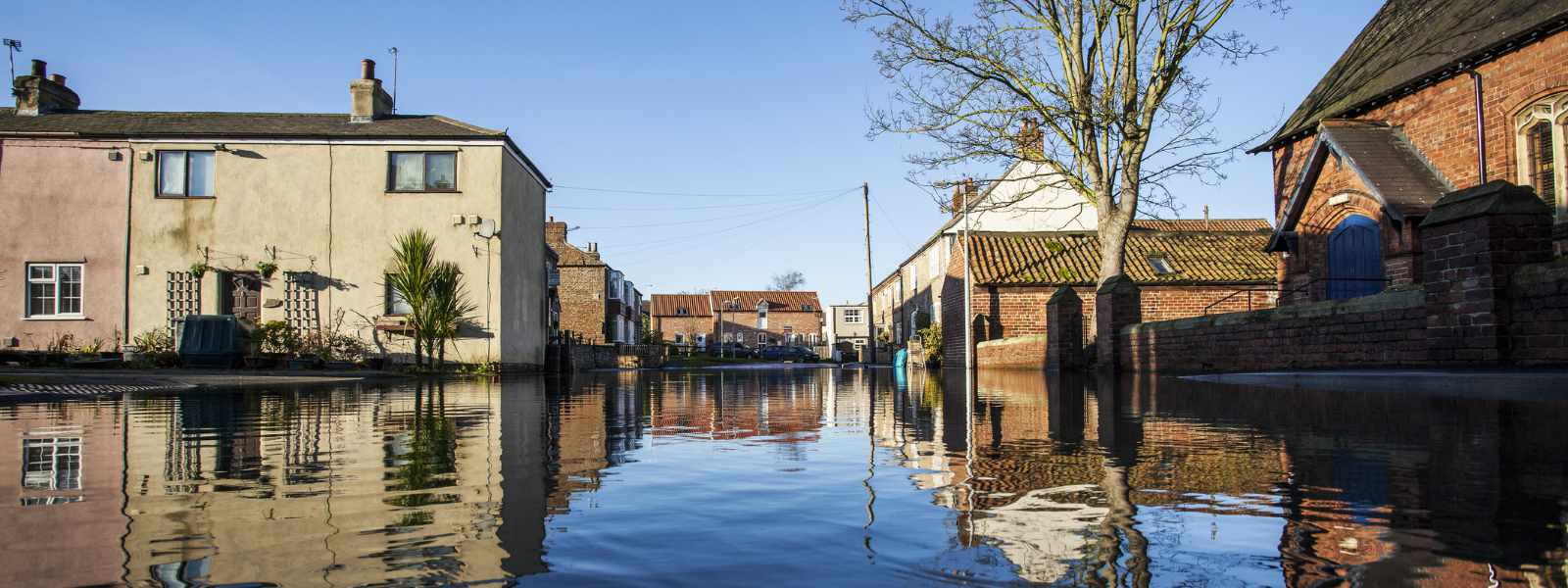
Artificial Intelligence (AI) and Machine Learning (ML) could play a valuable role in improving flood forecasting in Scotland – but human judgement should remain central, according to a new study.
With climate change increasing the frequency and severity of flooding, the DelugeAI project investigated the potential for AI and ML technologies to enhance forecasting accuracy, strengthen early warning systems and better inform public responses to flood risks across Scotland.
Commissioned by the Scottish Environment Protection Agency (SEPA), funded by the Centre of Expertise for Waters (CREW) and led by University of Strathclyde, the project explored how AI and ML might support flood forecasting in Scotland.
SEPA, as the national authority for flood forecasting, worked closely with researchers throughout. The project’s researchers recommend a phased approach to the adoption of AI tools, beginning with applications that deliver fast, visible benefits such as enhanced early warnings.
Informed decisions
Dr Christopher White, from Strathclyde’s Department of Civil and Environmental Engineering, said: “Flood forecasting is complex and requires rapid, informed decisions. Our findings show that AI can play a valuable role in improving how flood warnings are delivered and how risks are communicated to the public, especially in areas with limited data.
“Such systems should always be chosen based on the specific problem they are meant to solve, the type of data available, the resources required and how easy they are to understand and trust.
AI is not a silver bullet, but it offers real potential to support Scotland’s flood resilience. With careful implementation, these tools can strengthen existing systems, reduce response times, and improve public safety in the face of increasing flood risk.
Michael Cranston, Lead Specialist Flood Forecasting and Warning at SEPA, said: “At SEPA, we know that tackling the climate emergency means being open to innovation while staying grounded in trust and transparency. This research offers valuable insight into how AI and ML could support Scotland's flood forecasting in the future. It's not a blueprint for immediate change, but an opportunity to explore what's possible – and what's right.
“We’ve seen huge advances in how we collect and interpret data. From paper maps, whiteboards and listening to phone calls with a series of morse code tone to radar, satellites, and real-time modelling. What’s stayed constant is the need to combine good information with good judgement. Technology evolves, but it’s people who make decisions.
“We’ll be considering the study’s findings carefully as we continue to evolve our services. While AI will never replace professional judgement, it may help process more data, improve accuracy and ultimately support our shared goal of protecting people property and the environment.”
Deliver value
The project brought together hydrological and AI experts who undertook a global literature review and hosted an international workshop to assess how new technologies could add value to SEPA’s existing Flood Warning Development Framework.
The study identified seven key areas within the flood forecasting process where AI and ML could deliver value – from real-time data monitoring and improving weather inputs, to supporting decision-making and issuing alerts. It found that while most operational systems still rely on traditional models, blended approaches using AI can offer practical and immediate benefits.
Experts consulted during the project agreed that human judgement should remain central to forecasting, and that trust, transparency and data quality are critical for the responsible use of AI.
The research team suggested that SEPA could consider the adoption of simpler AI tools over the next one to two years to strengthen early warnings and decision support systems before introducing more advanced applications – such as localised flood monitoring and model calibration – over a longer period.
The project also emphasises the importance of training and upskilling the forecasting workforce to use AI tools safely and effectively, ensuring that human expertise continues to guide all decision-making.
The DelugeAI team included Christopher White, Douglas Bertram, Robert Atkinson, Muhammad Usman, Kamila Nieradzinska and Victoria Martí Barclay, all from the University of Strathclyde.